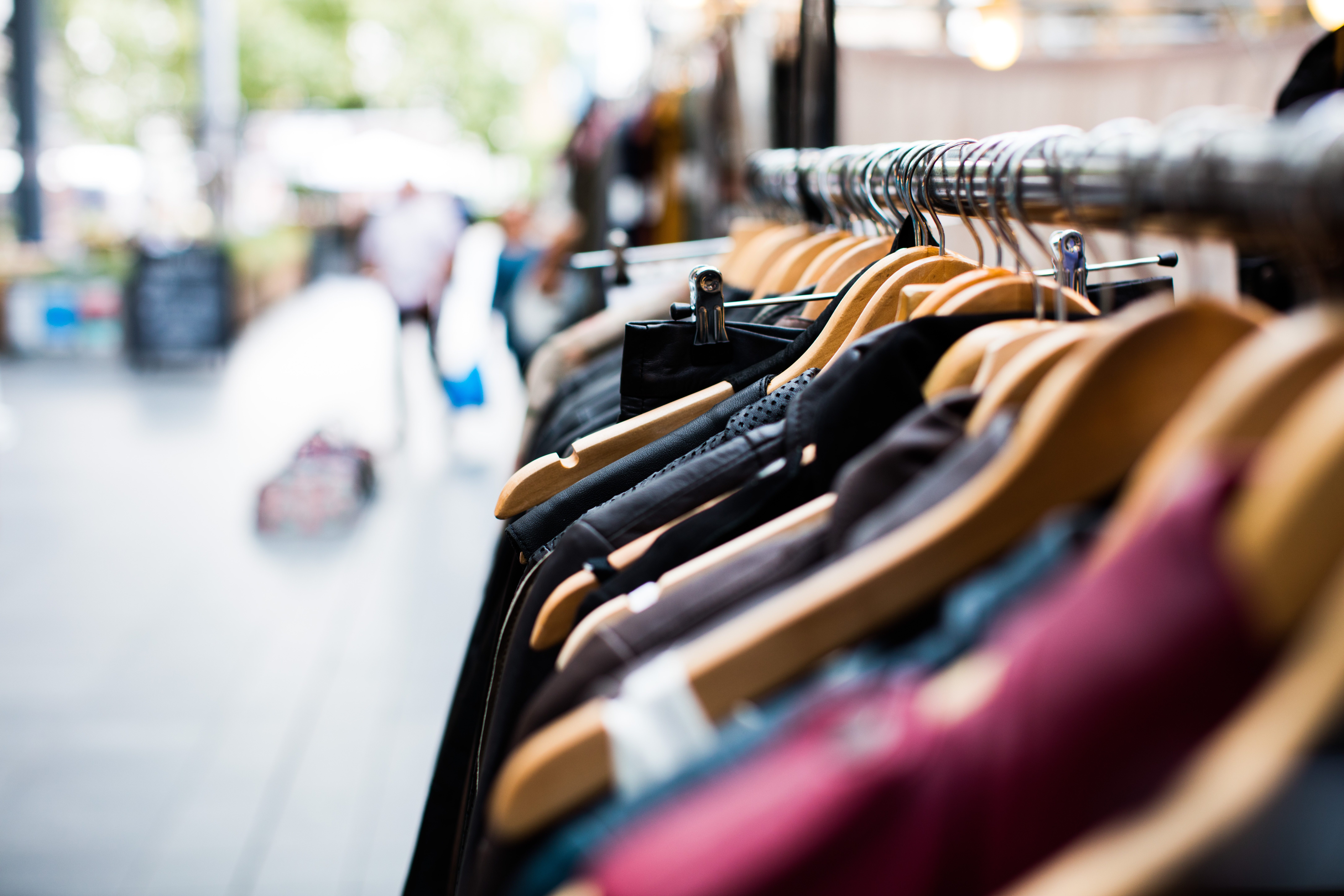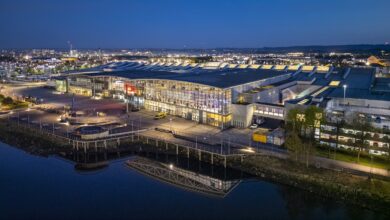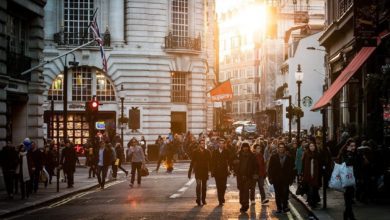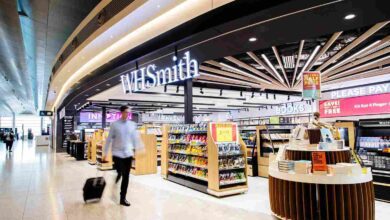May records negative retail sales for the first time since 2021
According to BDO, the total like-for-like sale, in-store and online combined, fell by 1.5%

Register to get 1 free article
Reveal the article below by registering for our email newsletter.
Want unlimited access? View Plans
Already have an account? Sign in
May experienced negative retail sales marking the end of 26 months of positive results, dating back to March 2021, according to new data from accountancy and business advisory firm, BDO.
According to BDO’s latest High Street Sales Tracker, total like-for-like (LFL) sales, in-store and online combined, fell by -1.5%. Despite positive footfall growth through the majority of May, total in-store sales grew by just +1.0% across the month, and online sales fell into the red, down -3.3%.
The homewares sector recorded the worst set of results, with total LFLs falling by -9.2% in May, from a negative base of -14.9% for the same month in 2022. In-store homewares LFLs fell by -1.6%, marking an ongoing decline for the sector, as the higher cost of big-ticket items and rising interest rates deters budget conscious shoppers from splashing out on furniture and electronics.
The fashion sector recorded a third consecutive month of poor results, with total LFL sales falling by -1.5% in May from last year’s base of +27.6%. This is the first time in over two years that the fashion sector has recorded negative sales growth.
The lifestyle sector was the only category to record total LFL sales growth in May, however, at just +0.7%. It marks the category’s sixth consecutive month of positive LFL sales.
Sophie Michael, head of retail and wholesale at BDO, said: “These results are extremely discouraging. LFLs are an absolute value and therefore, given the high inflation rates, these figures suggest significant drops in volumes. With three Bank Holidays last month and the fact that footfall has increased compared to this time last year, these results highlight the huge pressure on the consumer purse.
“Retailers are not just competing with each other, but also with the hospitality and leisure sectors for every pound of discretionary spending. The drop in online sales is also stark, recording the worst online sales results on record with the exception of the months impacted by the Covid-19 pandemic.”
She added: “Competing for this discretionary spending requires ongoing investment in the sector but, with consumers simply not spending, retailers will be naturally looking to where they can cut costs. There are reports showing that headcount numbers for retailers declined at the fastest rate since 2009 while investment has also deteriorated.
“Retailers that make savvy investments will give themselves a competitive advantage in the long term, but the economic backdrop remains hugely concerning. Continued inflation, potential further interest rate rises and significant increases to many mortgage repayments this year means things may get worse before they get better for the retail sector.”







